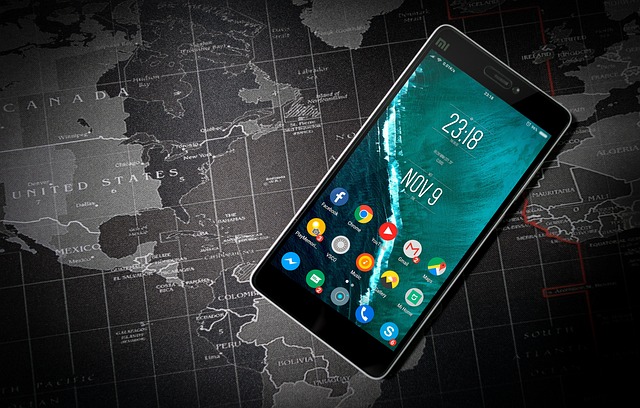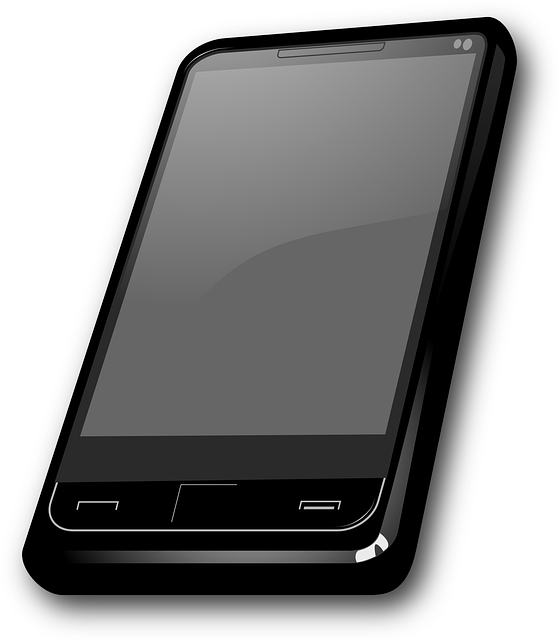Spam calls in West Virginia are regulated by the Telephone Consumer Protection Act (TCPA). To combat them, residents can register with "Do Not Call" registries, use blocking apps like TrueCall, Hiya, or NoMo, and consult a specialized Spam Call law firm or Spam call lawyers in West Virginia for legal assistance. These professionals help navigate TCPA options to protect privacy and stop unwanted calls effectively.
In today’s digital age, spam calls have become a pervasive nuisance in West Virginia, with countless residents facing unwanted solicitation daily. Understanding these invasive calls and their legal implications under the Telephone Consumer Protection Act (TCPA) is crucial. This article equips West Virginians with knowledge on how to stop spam calls effectively, highlighting top apps designed for this purpose. Additionally, we provide insights into finding a reliable spam call law firm or lawyer for TCPA cases in West Virginia, offering a comprehensive guide to navigating this modern-day challenge.
Understanding Spam Calls and the TCPA in West Virginia
Spam calls, often unsolicited and unwanted, have become a prevalent issue across the nation, including West Virginia. These automated or pre-recorded messages are used for various purposes, from marketing to fraud, targeting consumers’ personal phones. In response, the Telephone Consumer Protection Act (TCPA) was established as federal legislation to curb such practices. The TCPA prohibits companies and individuals from making telemarketing calls using automated dialing systems without prior express consent.
Understanding the law is crucial for West Virginians looking to protect themselves from spam calls. A Spam Call law firm or Spam call lawyers in West Virginia can guide individuals on their rights and available remedies under the TCPA. By knowing how to stop spam calls, residents of the Mountain State can take proactive measures, such as registering with national “Do Not Call” registries, using blocking apps, or seeking legal counsel, to ensure their phone lines remain free from unwanted intrusions.
Top Apps to Block Spam Calls Effectively
In the digital age, West Virginians are increasingly facing an influx of unwanted spam calls, which can be a nuisance and even pose security risks. Fortunately, several top apps have emerged to effectively block these intrusive calls, providing much-needed relief for residents across the Mountain State. These applications leverage advanced algorithms and community-driven intelligence to identify and filter out spam callers, ensuring that your phone remains free from unwanted interruptions.
When it comes to stopping spam calls in West Virginia, users can turn to reputable apps that comply with local laws and regulations, such as the Telephone Consumer Protection Act (TCPA). By employing these tools, residents can not only protect their privacy but also avoid potential legal issues associated with spam calls. Top-rated apps like TrueCall, Hiya, and NoMo have proven effective in blocking telemarketers, scammers, and other unwanted callers, making them valuable resources for anyone looking to regain control of their communication channels.
Legal Considerations: Finding a Lawyer for TCPA Cases in West Virginia
When dealing with persistent spam calls in West Virginia, understanding your legal options is crucial. The Telephone Consumer Protection Act (TCPA) is a federal law designed to protect consumers from unwanted phone marketing calls and texts. If you’ve been plagued by spam calls, knowing how to stop them legally is essential.
Finding the right assistance can be as simple as consulting a West Virginia spam call lawyer or law firm specializing in TCPA cases. These legal professionals are equipped to help you navigate the complexities of the law and determine the best course of action. They can guide you on whether to block, sue, or take other measures against the perpetrators, ensuring your rights are protected while effectively dealing with unwanted spam calls.






